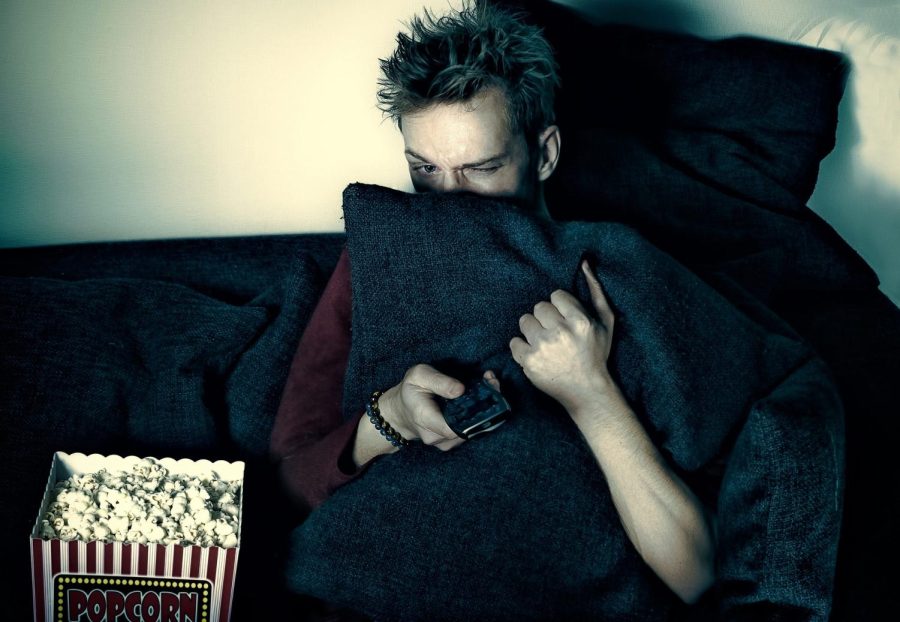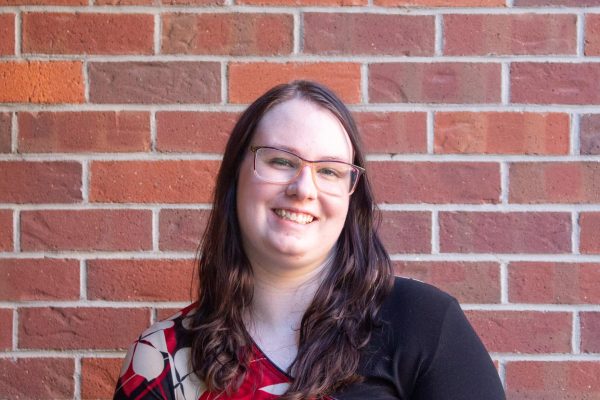Anxiety can be a crippling force, especially for college students, and finding ways to combat it is essential. Drinking warm tea and taking a nap are valid ways, but there are other ways too. Horror movies, as strange as it may sound, can be an outlet for you to shed your anxious feelings.
“Ready or Not” has to be one of my favorite comfort movies. The film is about a woman who marries into a wealthy family who owns a game-producing company. On her wedding night she learns that she has to take part in some sort of game, as is the tradition in her husband’s family. She then learns that she has to play hide and seek, but this version of the game isn’t like what we used to play as kids. They intend to hunt her down using weaponry so that they can sacrifice her to the demonic being that helped build their family’s fortune generations before. Who doesn’t love playing a round of hide-and-seek with crossbows and shotguns? It’s almost as much fun as running laps in a cornfield as you try to escape from a 6-foot, chainsaw-wielding man, or answering the question “What is your favorite scary movie?”
Whether you’re the type of person who hides behind a blanket, or laughs at the overly gory scenes, these reactions ironically end up being what helps with your mental health.
Haillie Pritchard, a Chico State third-year and a computer animation production major, who is a fan of “Halloween” said “I think horror movies can help with mental health sometimes, if used properly, and can make people aware of some of the dangers in life. But also help many people get over their fears.”
Pritchard may be right, horror films might be able to help with fear. A 2021 Healthline article, discusses the different ways that horror films can help our mental health. Horror films can be a form of exposure therapy, or “surrogacy therapy,” which occurs when people are exposed to stressors in a controlled environment in order to lessen their impact over time.
Kurt Oaklee, founder of Oaklee Psychotherapy in San Francisco, said “[Horror] can actually teach us how to handle real-world stress better. During a stressful film, we are intentionally exposing ourselves to anxiety-producing stimuli.”
“We usually don’t engage in the same unhealthy coping mechanisms that we utilize in real life. We learn how to manage the stress in the moment. This practice can translate to helping us manage everyday stressors and fears.”
Another article, published in 2020 by Alexandra Owens, discusses how horror films can help with anxiety. When someone is able to identify where their anxiety is coming from, they can then learn how to manage their anxiety. By watching horror movies, viewers know where their anxiety is coming from and how they can control the situation by either pausing it or turning it off.
Additionally, Owens says that horror movies can provide a distraction from “the pain of constantly spinning thoughts.” People are able to transfer their threat perception from whatever they are worrying about to the monster in the horror movie. Thinking back to the Healthline article, if we can successfully transfer threat perception to a horror film, we can then learn how to manage our stressors, and soothe our anxiety.
On a more biological level, Owens says that horror movies can trigger our flight-or-fight response. This triggers an adrenaline high and helps push anxiety out of mind by drawing activity away from “abstract thinking and critical thought.” Pritchard said that the reason she enjoys a horror movie is because it “creates excitement.”
Obviously there are different subgenres of horror, but understanding them can help you find which one is best for managing your anxiety.
Comedic
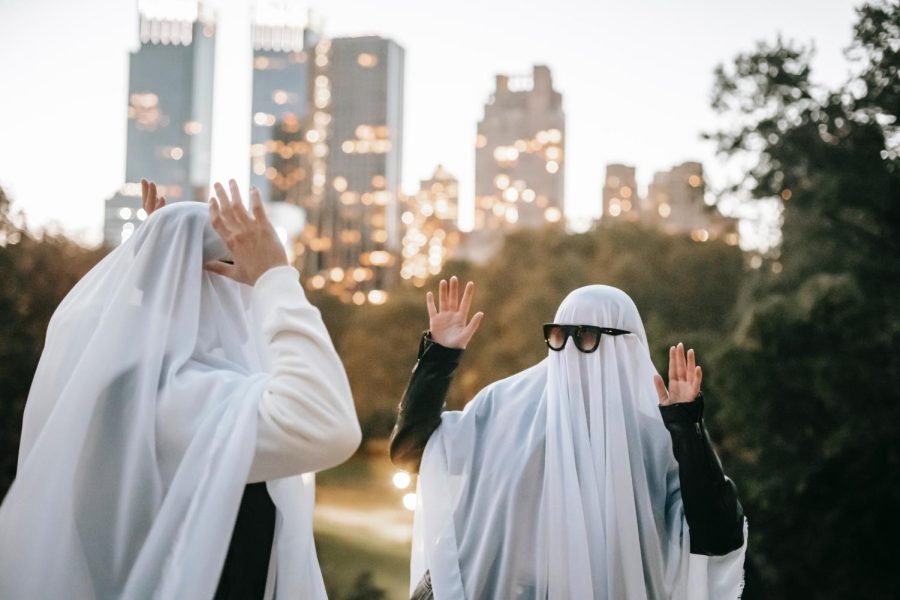
Comedic films are probably the best way to introduce newcomers to the horror genre. These films often make fun of themselves, and the humor can distract from the disturbing themes and gore. “Anna and the Apocalypse” is a great example of this. It has gore, but what would you expect from a zombie-Christmas musical? However, you can distract yourself from this if you sing along to the Disney-wannabe songs. As you grow more comfortable, you can graduate to other comedic films like “Scream,” which makes fun of itself and other horror movies. One of the characters in “Scream” says “Never have sex. Never drink alcohol or do drugs. Never say ‘Hello?’, ‘Who’s There?’ or ‘I’ll be right back’.” This directly pokes fun at the idea that the virtuous virgin, who has never smoked or drank a day in her life, will end up being the final girl.
Demonic Possession/Paranormal
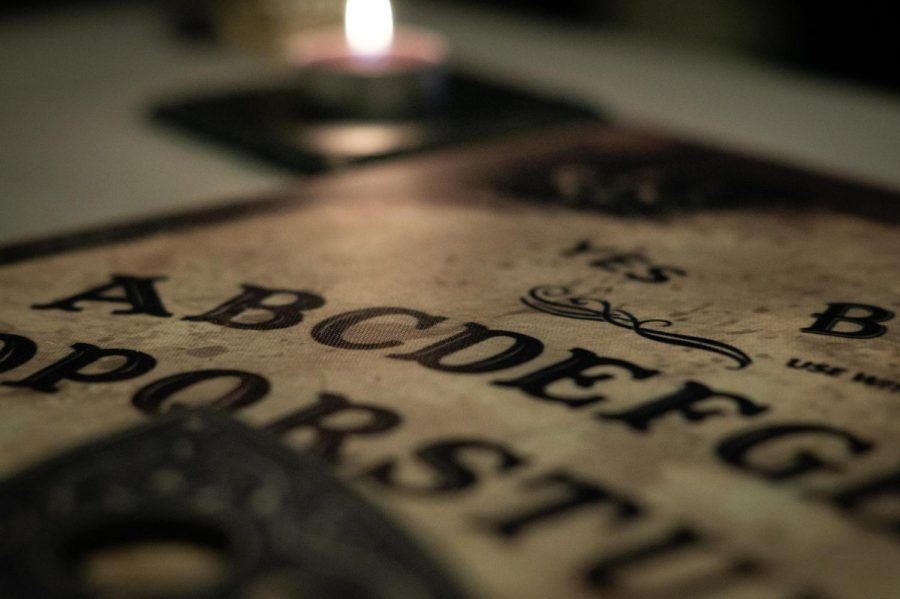
Horror films surrounding paranormal occurrences and demonic possessions can be more than “just scary enough,” as Owens said. Seeing furniture being thrown around by an invisible force, or seeing a main character change physically and mentally due to an invasive force, such as in “The Exorcist,” can be highly disturbing. The film was ranked the scariest horror movie by Rotten Tomatoes. However, these subgenres likely help with mental health the most by providing something to relate to. As you watch characters being possessed, and going through those changes, you can liken it to personal struggles with mental health. You may even find solace in the idea that you and these afflicted characters are one and the same. If these characters can expel their demons, either on their own, or with the help of others, so can you.
Gore/Slasher
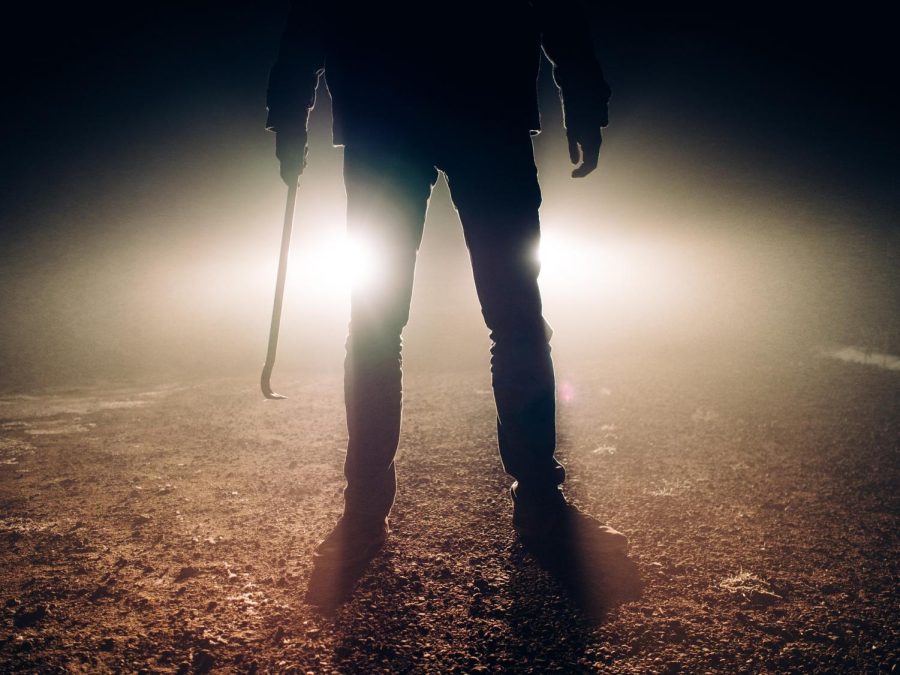
Gory and slasher films are probably the most pronounced horror genre. Films such as Pritchard’s favorite, “Halloween,” and “The Texas Chainsaw Massacre,” for the most part, are non-stop anthologies of people getting cut, ripped or sawn apart. As a result, they can be the hardest to consume as a viewer. However, they can help spark the fight-or-flight adrenaline response that Owens mentioned. As you watch an axe-wielding murderer chase people around a cornfield, you can feel your heart beat race faster as you feel like you’re running alongside the final girl. These films are not for the faint of heart, but can produce a worthwhile adrenaline rush that might distract you from your anxiety.
Psychological
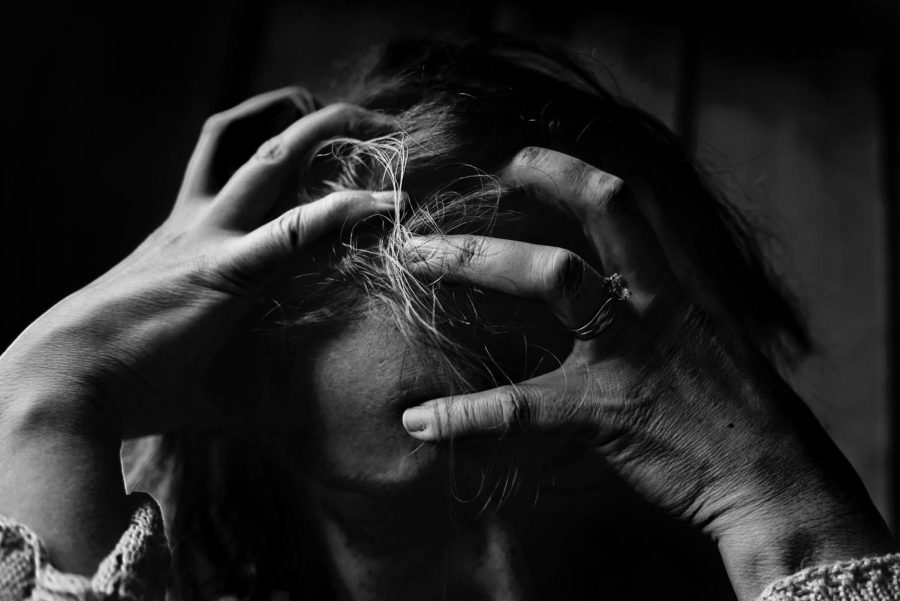
Psychological films may not be as in-your-face as slashers, but they can provide more mental stimulation. In Michael Flanagan’s “The Haunting of Hill House”, one of the characters says “Our moments fall around us like rain. Or snow. Or confetti.” In a psychological horror film, the moments sometimes seem to fall like rain, or snow or confetti. It is up to you to try to gather these little hints, and try to solve the grand puzzle of the film. Doing this might distract you from “the pain of constantly spinning thoughts,” that Owens describes. In films like “Midsommar,” you can also rely on the characters that are experiencing an emotional roller coaster. You can symbolically become their shoulder to cry on, and they yours.
When it comes down to it, I can keep trying to explain all of the different ways that horror movies can help with mental health issues. However, if you don’t like horror movies, it could potentially cause even more anxiety. Owens says that it is also essential to find the right kind of horror movie.
“Picking the right horror movie — or the one that is most likely to help ease your anxiety — is a matter of discovering your personal sweet spot of ‘just scary enough.’”
Maybe gory movies aren’t your cup of tea, or maybe psychologically-based horror films are too disturbing. It is up to you to find what is “just scary enough,” a movie that aids in your battle against anxiety, instead of worsening it.
Ariana Powell can be found at orionmanagingeditor@gmail.com.







